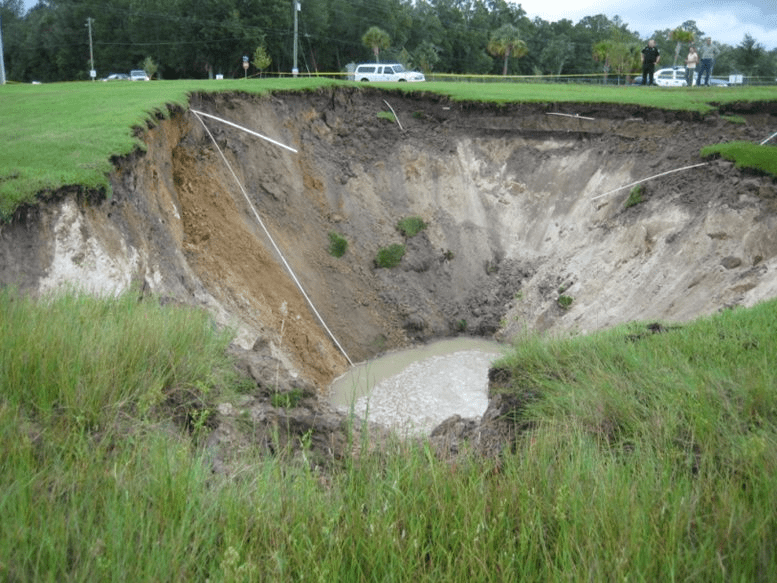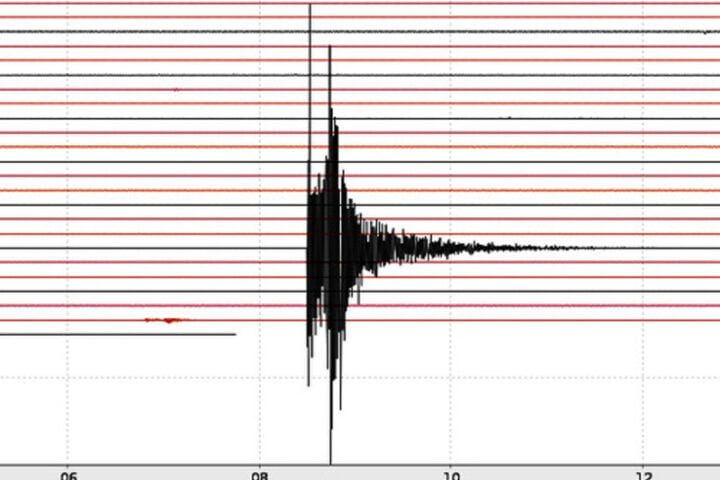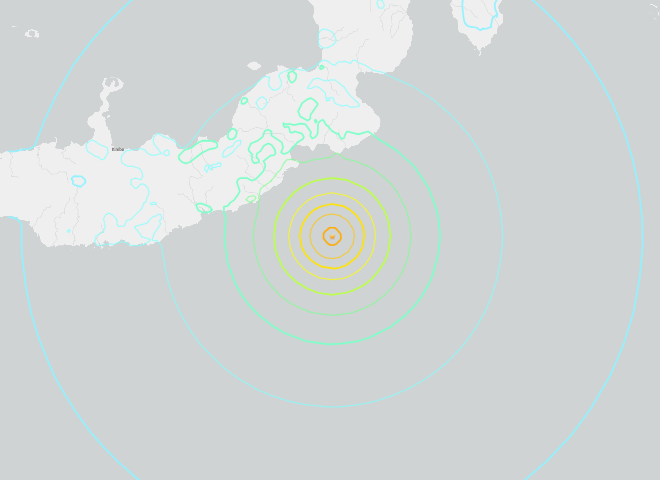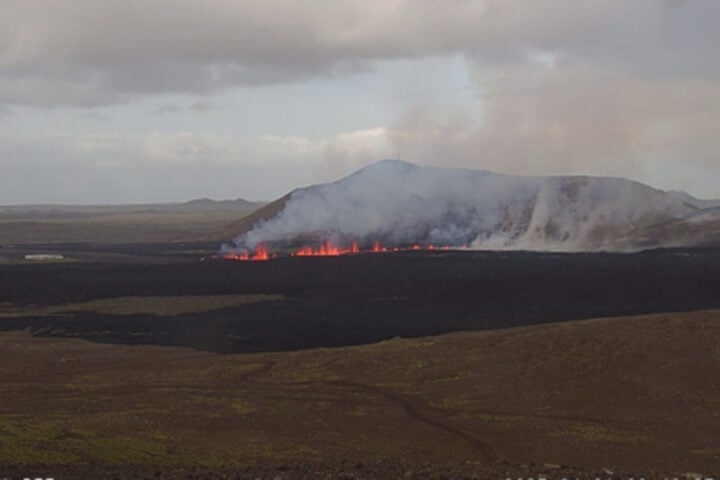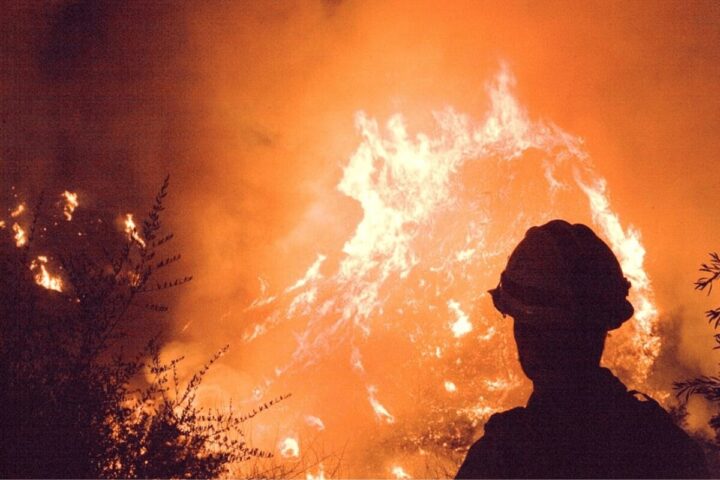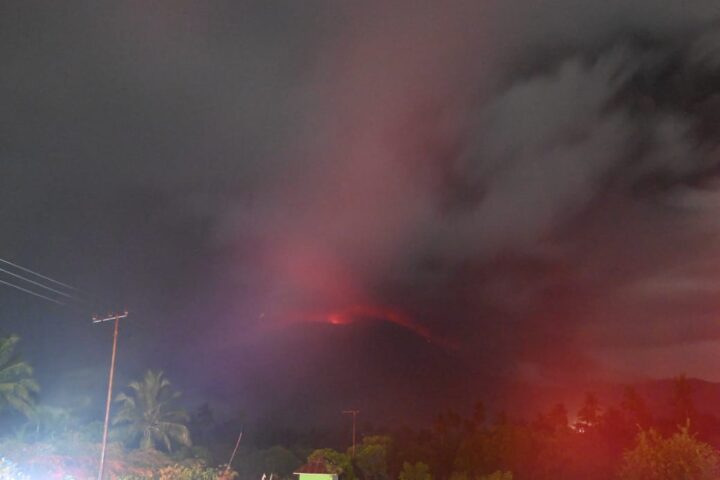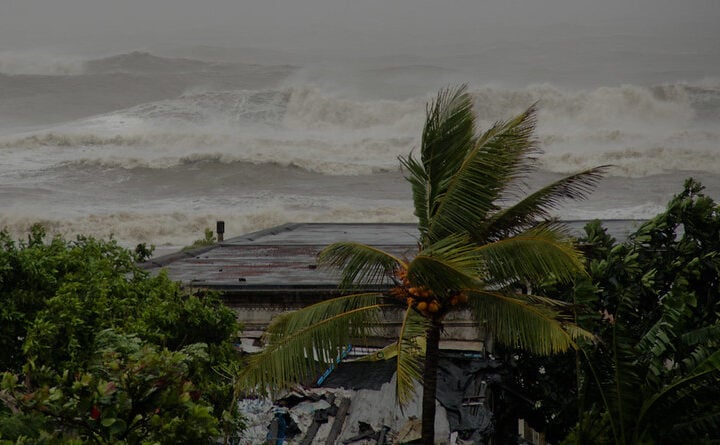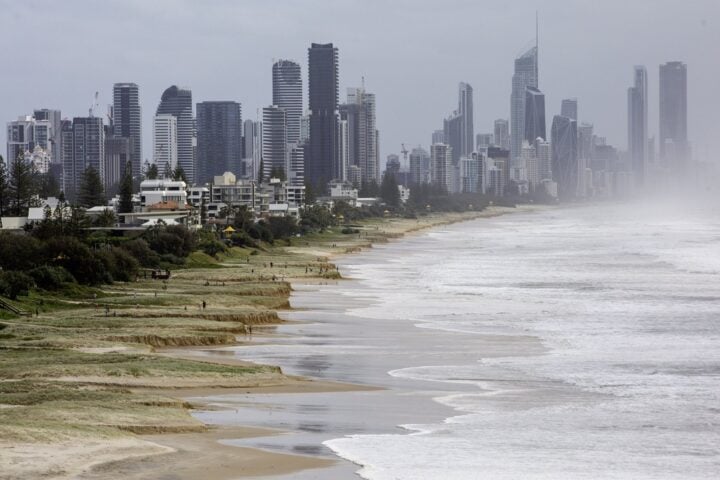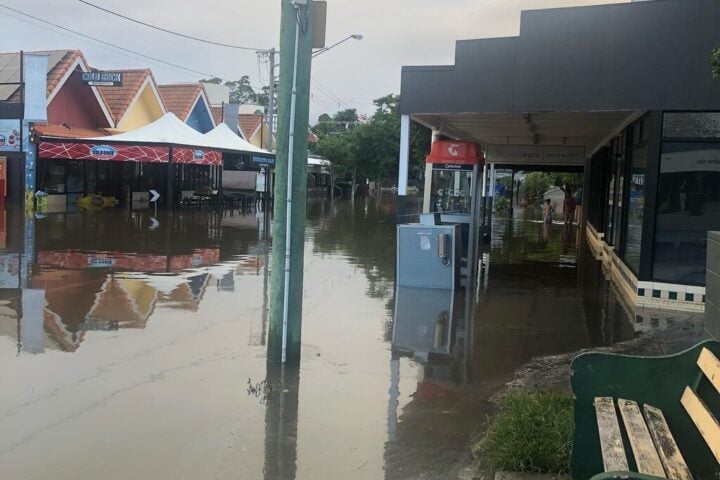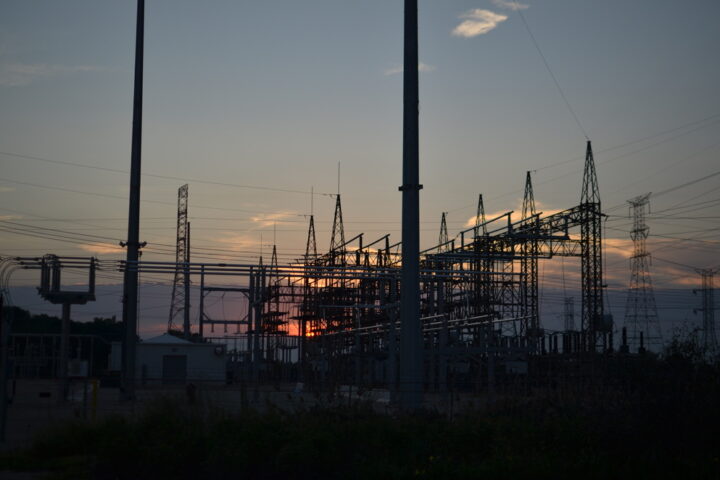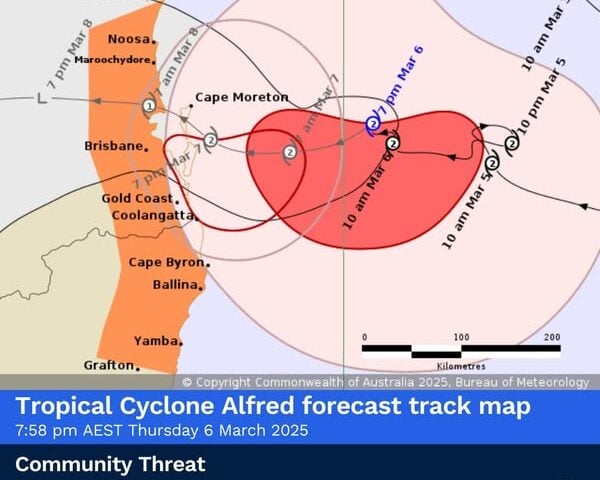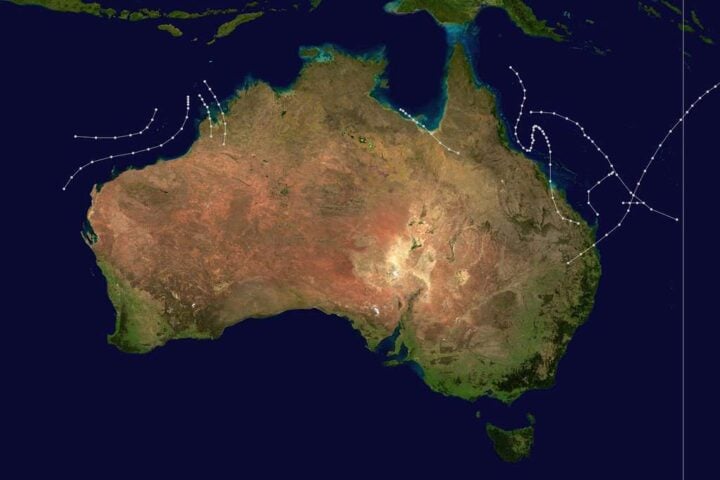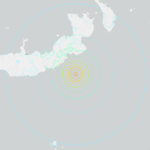Sinkholes are a terrifying geological phenomenon disrupting Turkey’s Konya Plain. Citizens remain in anxiety and fear of the ground beneath their feet. Vertical walls are measuring up to 30 meters across and 40 meters deep, sinkholes can devour the earth on this otherwise fertile plateau.
Recent droughts have lead to drop in subterranean water levels and the collapse of the rock structures may have increased the chances of sinkholes. Humans have also played a role in the sinkhole epidemic.
Intense irrigated farming and cattle farming have pushed the consumption of more water than is naturally available.
Traditional sheep breeding has been replaced by arable land and water intensive maize crops, causing many wells to be illegally dug on the Konya Plain. Almost 70% of wells dug in the region are illegal and have added to the sinkhole problem.
- Global Circularity Falls to 7.2% as Material Use Nears 20th Century Total in Six Years
- Casely Recalls 429,200 Power Pods After 51 Fire and Burn Incidents Raise Lithium Battery Safety Fears
- MTA Boosts Service on 16 NYC Bus Routes Starting June 29, 2025
- Brits Track Finances, Weather and TV More Than Cancer Symptoms, NHS Warns
- Ford Recalls 148,000 Vehicles for Brake Fluid Leak and PCM Software Glitch
Proposed solutions now include sourcing water from neighboring river basins or closing illegal wells permanently and adopting crops that consume less water. However, drought has struck the whole Anatolia region, causing to criticism of some proposed solutions. As the sinkhole epidemic continues on, and the fate of Turkey’s agricultural heartland hangs in the balance.
